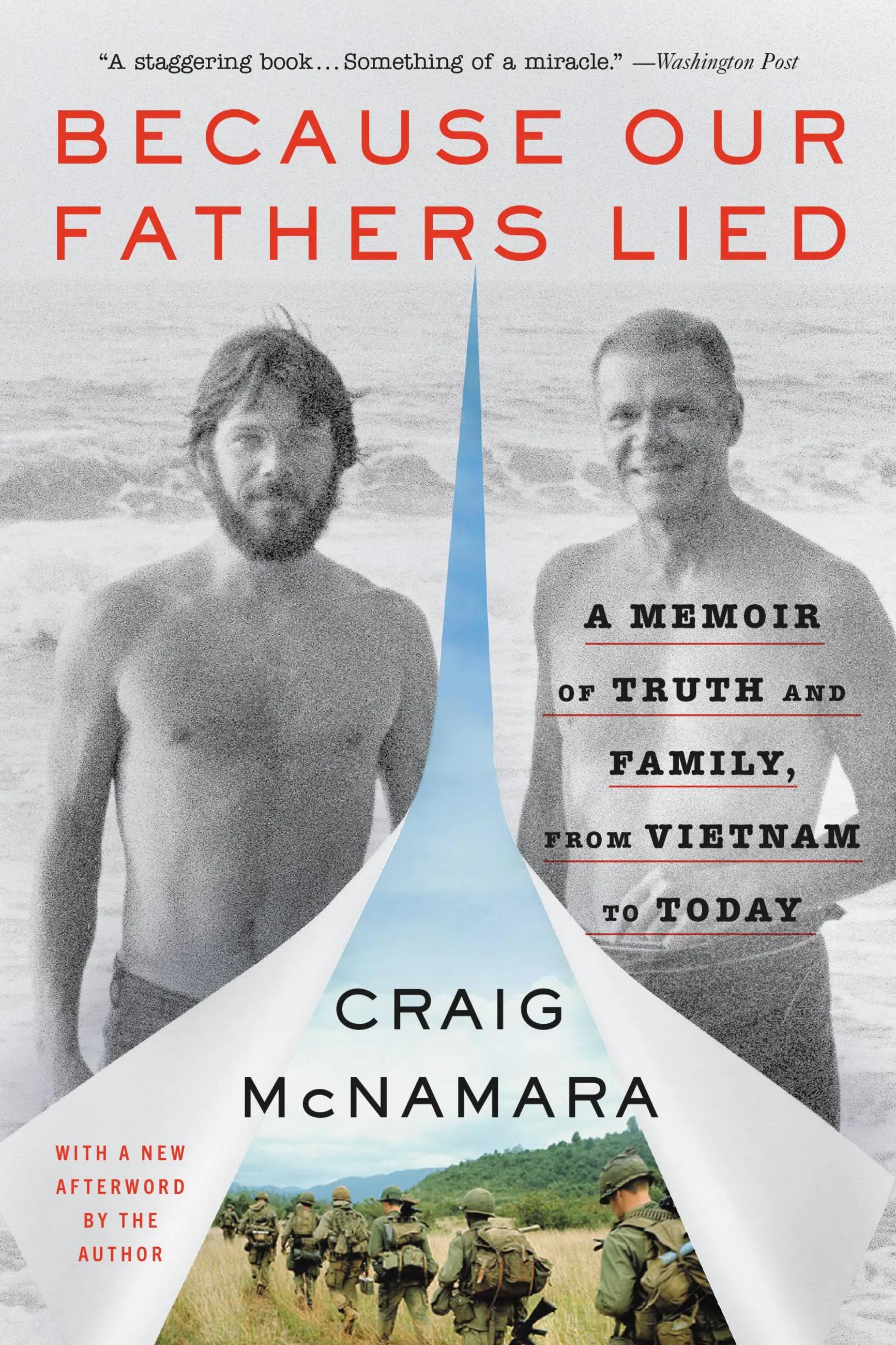Craig McNamara’s elegant and spare descriptions of St. Paul’s (“The idea there was to turn yourself into an increasingly bright and shiny object”) give early indications that he might one day radically depart from his father’s expectations. At home, Dad didn’t talk about the war, a practice internalized by the rest of the family. “I didn’t express myself at boarding school, but in my bedroom at home during the summers, where my father might see them, I began my earliest protests,” McNamara writes.
“I remember, as early as age thirteen, having questions about my father’s integrity,” he writes, recalling a March 1963 Newsweek article about the elder McNamara. That year saw congressional hearings regarding Dad’s award of a controversial $6.5 billion military contract—the TFX fighter plane—to the Texas-based firm General Dynamics, then closely associated with Vice President Lyndon Johnson. “Three times the Pentagon’s Source Selection Board found that Boeing’s bid was better and cheaper than that of General Dynamics and three times the bids were sent back for fresh submissions by the two bidders and fresh reviews,” the journalist I.F. Stone later wrote. “On the fourth round, the military still held that Boeing was better but found at last that the General Dynamics bid was also acceptable.”
It was the summer of 1967, however, when “everything changed” for Craig. He was on a family visit to Aspen, Colorado, when a group of antiwar protesters appeared in the meadow outside their house. Craig took a copy of a famous peace poster by the artist Thomas Benton, depicting three doves flying toward the sun (the image that provides the clear inspiration for the cover of Because Our Fathers Lied). After that, nothing was the same:
I was becoming one of the people in the meadow. The feeling I had was solidarity with them. The protesters were there to talk to my father about the war, and he had ignored them in much the same way he ignored me. The inspiration of that evening still grows wild in my heart, like the paintbrushes in the meadow. But the memories are wilted and picked over. I’m not exactly sure what I was thinking at that moment, when I turned my back on my parents and stayed outside. It felt natural, almost accidental, because intrinsically I knew the war was wrong. I couldn’t push against my own heart.
Craig McNamara didn’t serve in the Army himself, disallowed from going to Vietnam because of stomach ulcers. “Not going to Vietnam as a soldier still causes me overwhelming guilt,” he writes of his teenage feeling. “It’s like a gap in my soul.”
